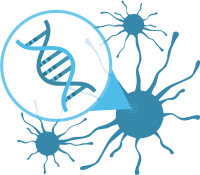In this project, we will study historical player transfer data from European professional football (n > 1,000,000 transfers). To supplement this analysis, we will also exploit data on player and team performance, team ownership and management, team finances, and player agents.






